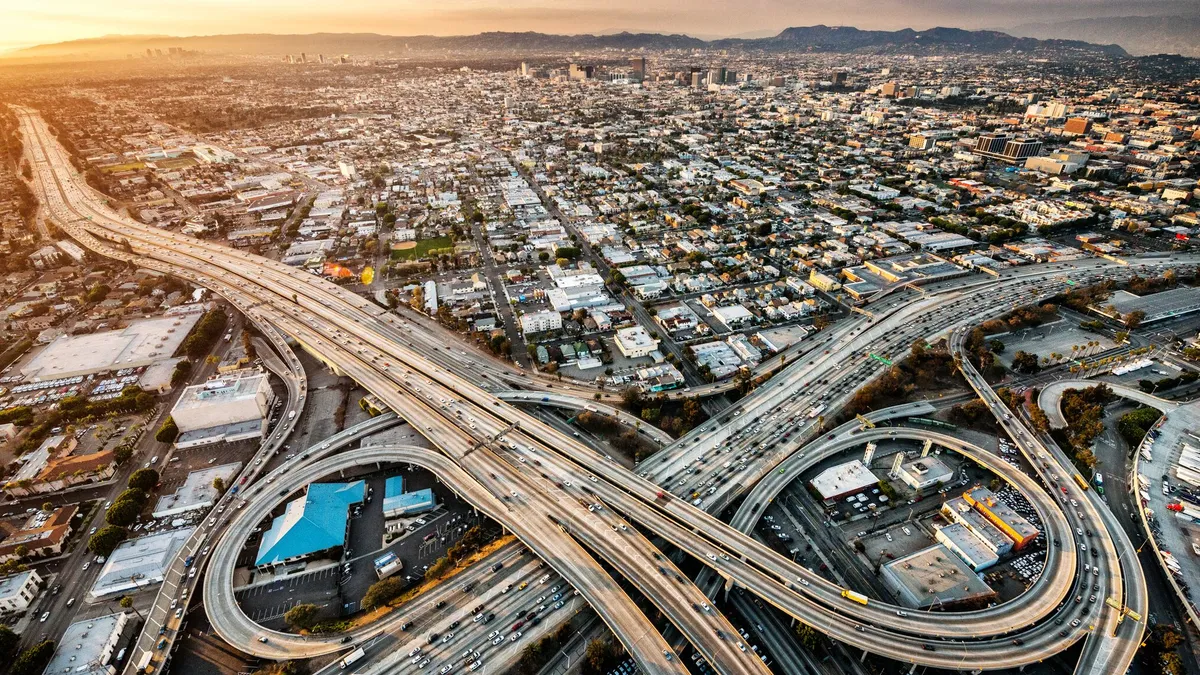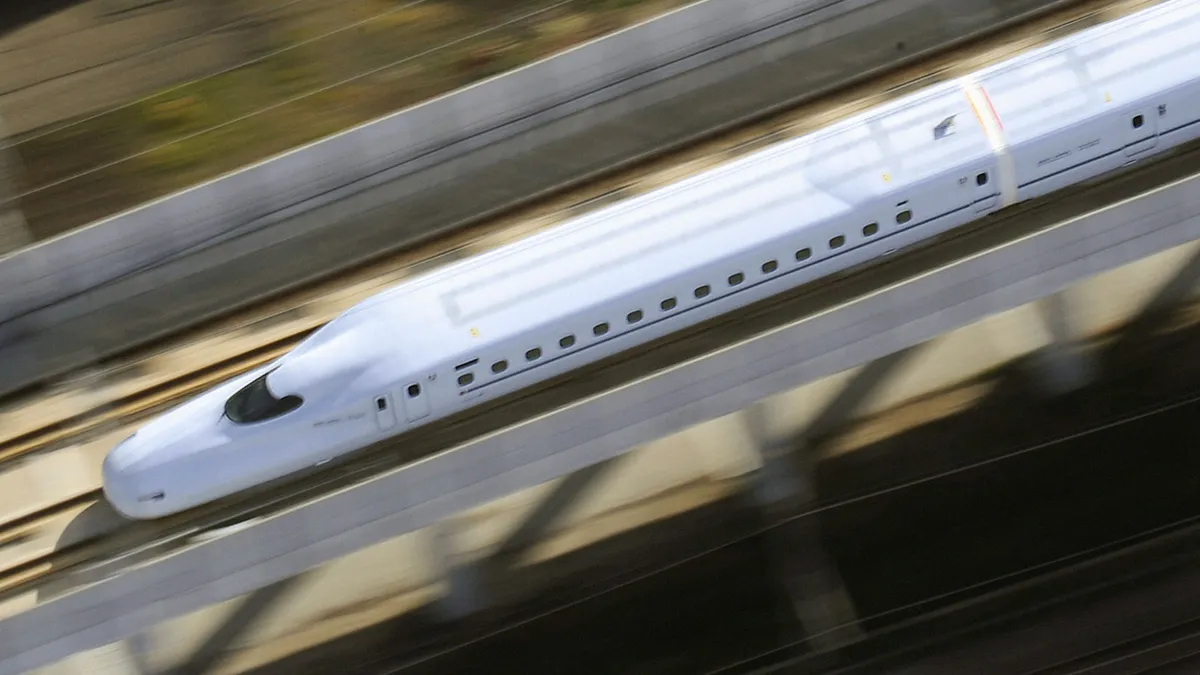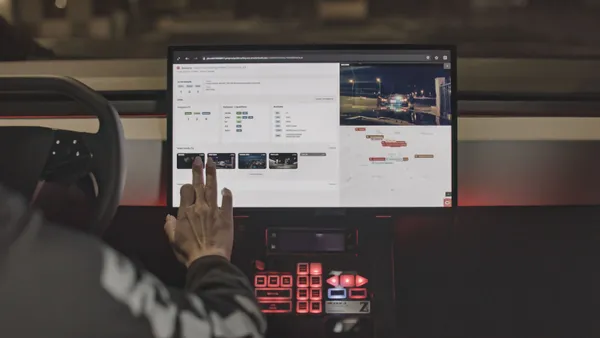Dive Brief:
- Research from Intel found smart cities technology could give urban dwellers back as much as 125 hours per year from lost productivity via improved transportation, public safety, healthcare and workflow.
- Intel found the biggest time saving comes from improving transportation, which it found could save city residents 60 hours per year through smart traffic systems and new technology in public transportation systems like apps, cashless payments and automation.
- "These small points of friction, if you can remove them, it adds up to a lot of benefit in terms of better throughput of people moving from one point to another and therefore less time for them to get from one place to another," Sameer Sharma, Intel's Global General Manager of Smart Cities Internet of Things (IoT) solutions, told Smart Cities Dive.
Dive Insight:
According to this research from Intel, lost productivity could be a thing of the past if cities adopt various smart initiatives. People can spend more time on vacation, exercising and feeling less depressed. In 2014, Time magazine linked commuting to increased risk of depression, anxiety and higher blood pressure, among other things.
The research also found using predictive crime software and prioritizing emergency vehicle routes through traffic lights could save city dwellers 35 hours per year, while apps and digital services for interacting with city agencies could save 21 hours per year. Finally, using apps and software could reduce the need to visit a doctor, and save 9 hours a year.
"What's keeping us from being happy? "That's a very complex philosophical question, but we said from a practical viewpoint, what are the things that are creating stress in our lives? One of the biggest things was lack of time," Sharma said.
Such innovations require investment in the likes of enhanced broadband internet and 5G to cope with the greater use of data. And while Sharma said the investment is huge — perhaps in the trillions of dollars — it will be worth it if smart city technology is rolled out properly.
"Cities are worried. They're saying they want to go and spend the money to build this infrastructure, but just like I didn't build separate highways for trucks and cars and cyclists, I want to build this infrastructure once for all these different services," he said.
Sharma said that as cities continue to grow at a rate of 3 million people per week across the globe, it is imperative for their infrastructure to use modern technology to adapt and cope with the influx.
"Because it's been happening consistently, I think collectively we sometimes become numb to how massive this transformation is and how much it will stretch the current set of resources," Sharma said.











